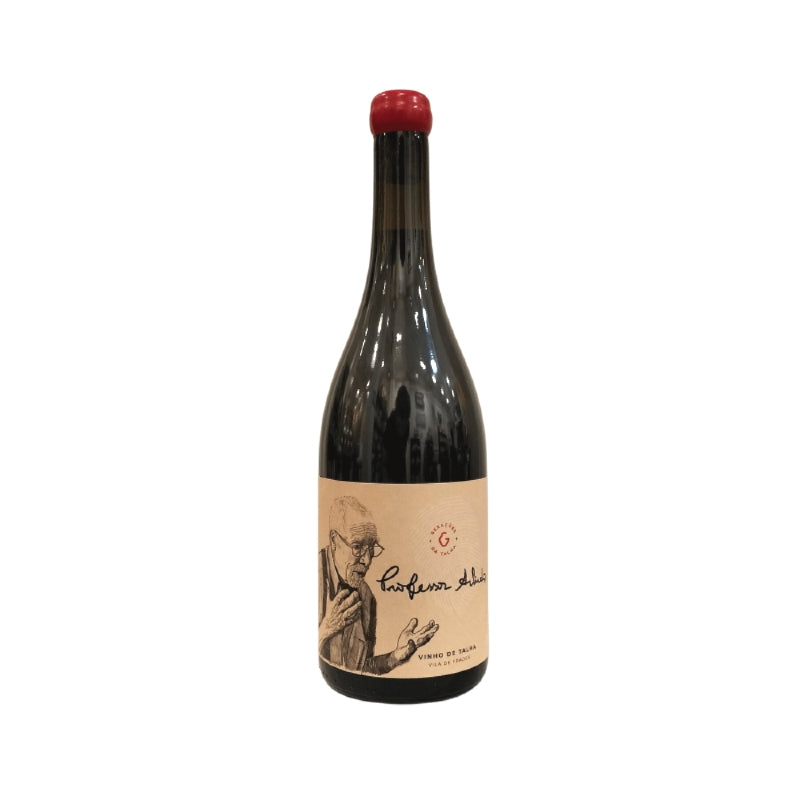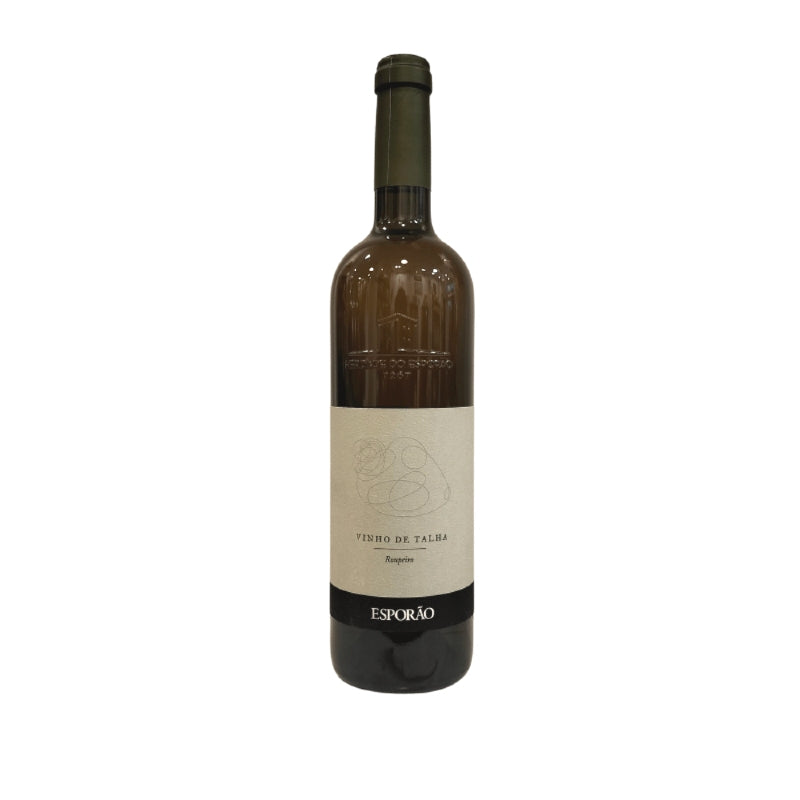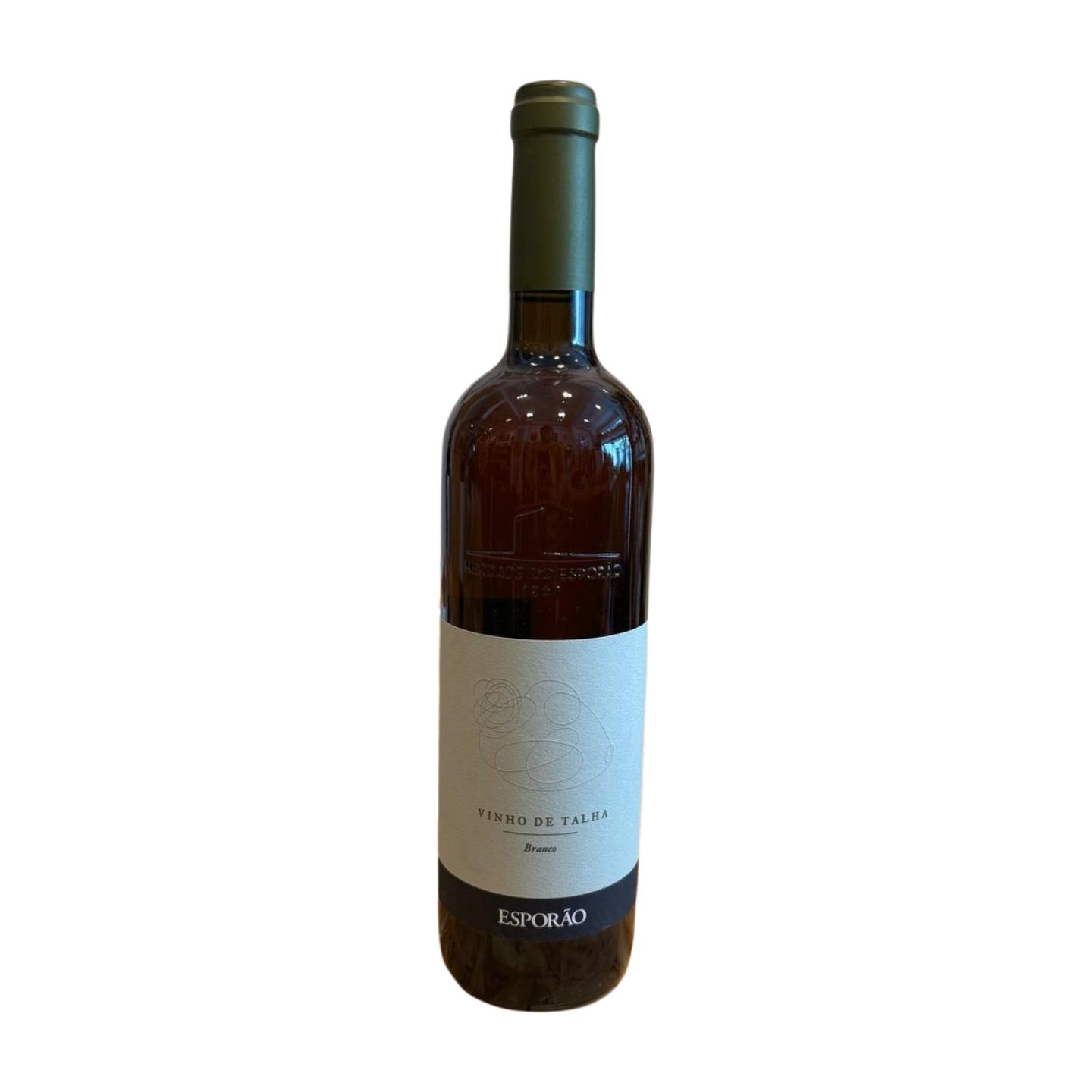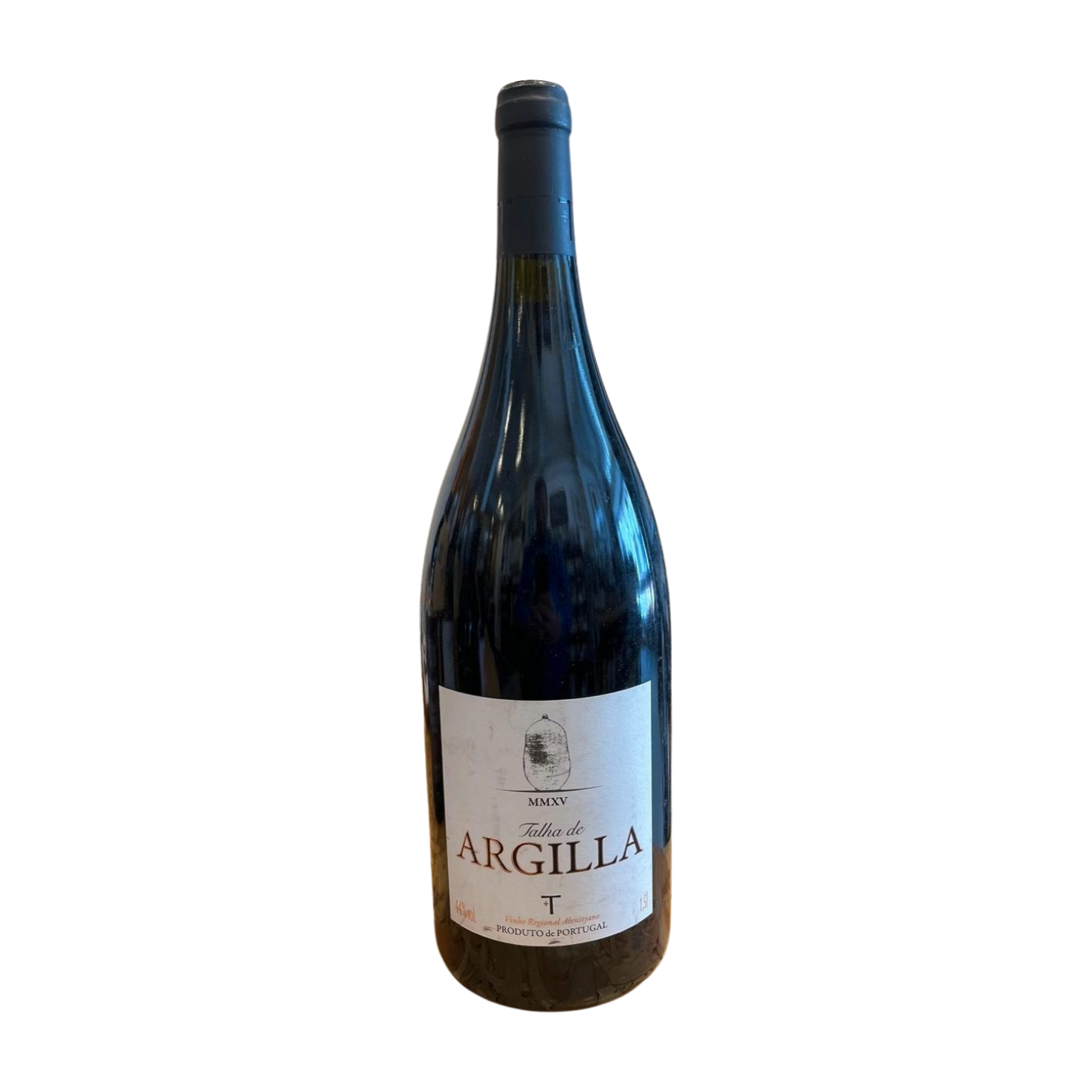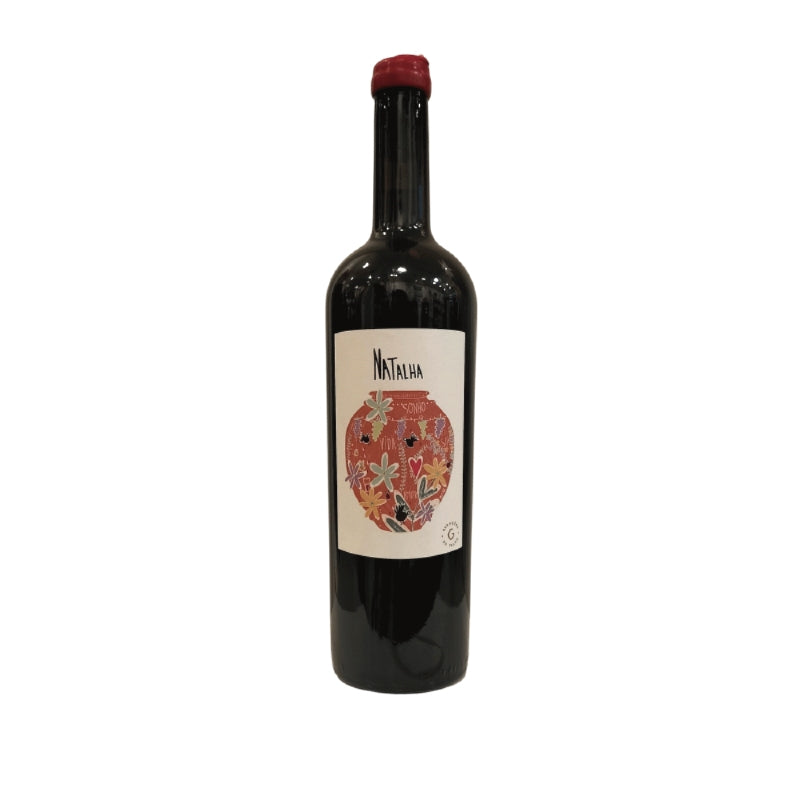Alentejo
Deep in Portugal's Alentejo region, a timeless tradition of winemaking endures – the art of crafting wines in large clay vessels called talhas. This practice, passed down for over two millennia, is a unique expression of the region's history, terroir, and deep connection to the land.
The Romans first introduced the use of amphorae, a type of clay pot, for wine fermentation. In the Alentejo, these vessels evolved into talhas, large, terracotta jars buried partially underground. This ingenious method not only provided natural insulation but also imparted a subtle earthiness to the maturing wine.
The Talha winemaking process is a beautiful simplicity. Harvested grapes, often a blend of indigenous varieties, are gently crushed and placed directly into the talhas. Here, fermentation occurs naturally, guided by the ambient temperature and the native yeasts present on the grape skins. During this time, the winemaker might use a wooden plunger to push the cap of skins back down, ensuring optimal extraction of color and flavor.
Unlike modern wineries that rely on temperature control and various additives, Talha wines are left largely to their own devices. This minimal intervention allows the character of the Alentejo terroir to shine through. The porous clay walls of the talhas allow for a slow, gentle micro-oxygenation, contributing to the development of complex aromas and a smooth, textured mouthfeel.
Traditionally, the talhas remained sealed until St. Martin's Day, on November 11th. On this day, the clay stoppers would be removed, and the wine drawn directly from the vessel. These wines were meant for immediate enjoyment, unfiltered and unfined, a pure expression of the grape and the earth.
Today, the Talha tradition is experiencing a revival. A growing number of winemakers, while embracing modern technology in some aspects, are rediscovering the potential of these ancient vessels. They recognize that Talha wines offer a unique perspective on Alentejo wines, one that is deeply rooted in history and speaks of the land's soul. As this resurgence continues, Talha wines are finding their place on tables worldwide, captivating palates with their authenticity and timeless charm.
Filters
Portuguese wine
Frequently asked questions
The entire country of Portugal is divided into 14 different wine regions, including in the Azores and Madeira islands. Some of Portugal's most famous winemaking regions include the Douro Valley (known for Port) and Vinho Verde (known for its light, refreshing white wines).
Portugal is becoming more well known for its orange wines, talha wines (traditionally made in clay pots), and palhete (made by blending red and white grapes together).
Portugal is best known for its fortified wine, called Port wine. It is produced in the Douro Valley, which is a UNESCO World Heritage Site and recognized as the world's first demarcated wine region, established in 1756.
Vinho Verde in northern Portugal is another popular winemaking region characterized by rolling hills and lush landscapes. It's known around the world for low-alcohol, refreshing white wines, although the region traditionally focused more on red wines made with the fruit-forward vinhão grape.
The Portuguese island of Madeira, with its subtropical climate, is renowned for its fortified wines. Winemaking here dates back to the 15th century, when Portuguese
explorers brought grape varieties from around the world.
Our sustainable, natural wine shop is located in the Marquês neighborhood in Porto, Portugal. We also ship to countries around the world, including within Europe, the United States, Canada, Australia, China, and more. Review our Shipping Policy to learn more.
In recent years, there has been a notable shift toward sustainable viticulture and the production of natural wine in Portugal. Many winemakers are implementing organic farming practices and embracing biodiversity to maintain soil health and reduce chemical inputs. This commitment to sustainability is not only beneficial for the environment but also enhances the quality of the wines, allowing the unique characteristics of the terroir to shine through. For example, some winemakers are now utilizing ancient terracotta amphorae for fermentation (called talha in Portuguese). This method preserves regional cultural heritage, enhances the wine's character, and aligns with sustainable practices by reducing reliance on modern materials.

